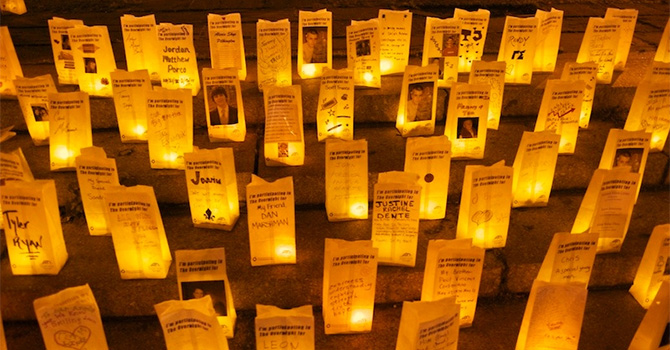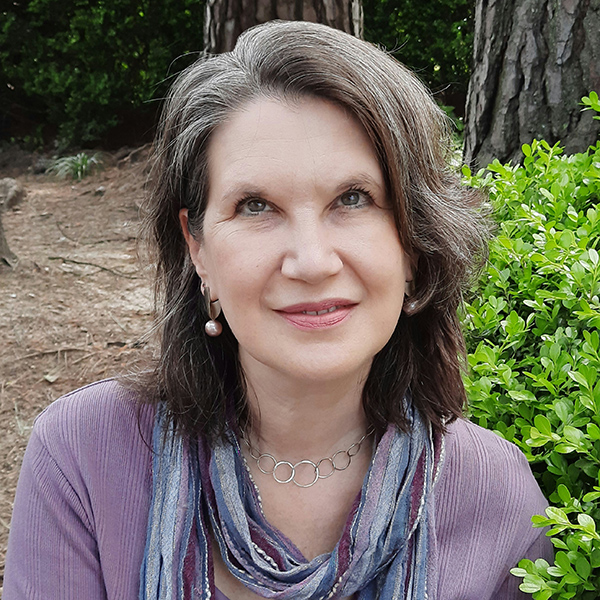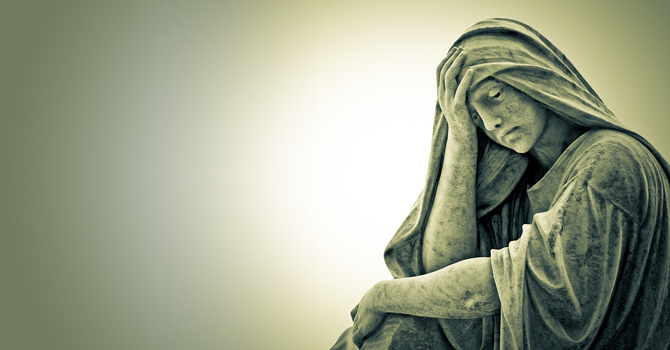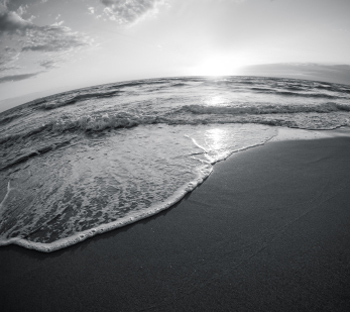Editor's note: The National Suicide Prevention Lifeline provides 24/7, free and confidential support for people in distress, prevention and crisis resources for you or your loved ones, and best practices for professionals. 1-800-273-8255
Two thousand of us trudged through the pouring late-spring rain along 12th Avenue in Manhattan, the Hudson River roiling to our right. It was a miserable beginning to a challenge we had spent months preparing for: a 17-mile walk that began just before sunset and, for most, would finish around dawn.
We were people of every color and size imaginable, on foot and in wheelchairs, teenagers to elders. We were families wearing T-shirts emblazoned with the name and photo of a lost relative, military veterans and police officers similarly attired in memory of a fallen comrade, and solo walkers grieving and honoring our own loved ones.
What brought us together was our shared dedication to ending suicide. We were all participating in the American Foundation for Suicide Prevention’s biggest fundraiser, the Out of the Darkness Overnight Walk, held in two cities every year. This year, more than 3,000 walkers participated -- 2,000 in New York in June and another 1,000 in San Francisco in May -- raising over $4.5 million for suicide prevention and survivor support.
AFSP is a secular nonprofit organization that serves people of all faiths and none. Yet as I walked -- thanking God when the torrential rain stopped after an hour -- I was repeatedly struck by how much the church could learn from this event and its participants. Here are four aspects of the Overnight Walk that churches would do well to emulate:
Participants were encouraged to be open about our wounds but not be defined by them.
Each participant in the walk had been marked by a life-and-death struggle, and none of us was willing to let death win. Symbols of our trials hung around our necks, in the form of “honor beads” -- inexpensive necklaces much like Mardi Gras beads, but with a somber meaning.
The colors of the various strands of beads represented the walkers’ relationships to suicide, to those who had been lost to or challenged by it. I wore gold, for the loss of a parent; purple, for the loss of other relatives and friends; teal, for the struggles of loved ones with suicidal urges; and the blue all walkers received to symbolize our support for suicide prevention.
Most moving of all were the walkers who wore white beads -- parents who had lost a child to suicide -- and those who wore green beads, signifying their own suicidal thoughts or attempts. Both groups showed inspiring courage by reaching out to receive and offer support.
The Overnight Walk’s colorful honor beads made it easy to see what we all had in common while also acknowledging the variety of our experiences. All of us were visibly marked, yet simply by showing up for the walk, we proclaimed that none of those marks defined us.
Similarly, Christians proclaim that Jesus was raised from death with his wounds still visible, and that, ultimately, nothing can separate us from the love of God in Christ. Yet, in our churches, we are often afraid to let our own wounds show.
We don’t need to wear those wounds on our sleeves -- or around our necks. But a church that offered safe space for people to share their pain and encourage each other’s healing would be a church that more fully reflects Jesus to the world.
Participants practiced radical acceptance of each other and the journeys that had brought us to the Overnight Walk.
The Overnight Walk was not a race; a cooperative spirit reigned throughout the event. All night, total strangers smiled at each other and encouraged each other along. We respected each other simply for being on the journey.
When people introduced themselves to one another, many would ask, “How is your family?” More impressive, they would listen to honest, often painful answers:
“My sister’s death forced the family to deal with our mess.”
“My husband’s been drinking a lot more since our son died; I don’t know if we’re going to make it.”
“I’m sick of walking, but I’ll come back every year until suicide ends.”
Everything was safe to say within our community of survivors.
The first couple of miles, I walked with a middle-aged woman whose son died a few years ago. An Overnight veteran, she brought a stack of bandannas, which she handed out to first-time walkers who otherwise had nothing to wipe the rain or sweat from their faces.
The last few miles, I journeyed with a brother and sister in their 20s who, like me, wore gold beads to honor a parent -- in their case, a father who killed himself a decade ago. United in a kinship of pain and compassion, we admired the beauty of the Brooklyn Bridge at night and smiled at groups of revelers in Hell’s Kitchen. At the finish line, the siblings introduced me to their mother, who hugged me along with her children.
“I’m so proud of you guys!” she said. And she meant all three of us.
If only the church offered such genuine welcome and hospitality. We proclaim that God is love and that love connects Christians to each other and to the rest of the world. Yet we often find it difficult to welcome newcomers into our communities. We often believe we’re friendlier than we actually are.
A church whose members knew they had each other’s support through joys and grief would be a church that was also open to strangers. It would be a church that asked deeply and sincerely, “How are you? How’s your family?” And it would be a church that stuck around to hear the answers.
A large network offered walkers the physical, emotional and spiritual support we needed to keep going.
The Overnight Walk organizers created a network of support to embrace walkers. Hundreds of volunteers staffed rest stops every couple of miles, where we found water, Gatorade, snacks and bathrooms. Halfway through the walk, we were offered a light meal.
At designated spots along the route, the walkers’ friends and family members cheered loved ones and strangers alike, offering hugs and high-fives to all. Volunteers in cars and on bicycles checked on walkers throughout the night, encouraging us and offering help where needed. Whatever anyone might need, there was more than enough for all: true abundance.
Likewise, the church proclaims that in God’s domain, abundance reigns. But our operative theology is often a vision of scarcity.
Yes, attending to members’ physical needs and providing emotional and spiritual support -- not just for a night, but for a lifetime -- would require everyone’s participation. We might never get it just right.
But as I learned on the Overnight Walk, when it happens, it’s a beautiful, blessed thing.
From beginning to end, AFSP offered participants ways to be part of the community of walkers and to support the organization’s mission.
Soon after I registered for the event, the Overnight Walk assigned me a coach. She called and emailed me, offering fundraising support, physical training tips, and connection to a training group and walking team. After the walk, she called and sent a handwritten note to thank me. I also received a survey asking about my experience and offering ways to deepen my involvement with AFSP.
By all these means, AFSP clearly communicated its desire to build a relationship with people who believed in its mission, to have them participate in its fundraising and advocacy work, and to offer them ways to commit what the church calls “time, talent and treasure” to the organization.
As a churchgoer for more than 20 years and a priest for more than a decade, I have worked with small and large congregations seeking better ways to offer hospitality, facilitate fellowship, deepen faith and encourage stewardship. Very few have been as effective as AFSP in translating their mission statement into what specifically their beliefs can mean for individuals’ lives. None has so compassionately shepherded newcomers through a variety of levels of involvement.
Organizers of the Overnight Walk thoughtfully created ways for participants to embrace both their vulnerability and their strength -- not just for one night but throughout the year via a network of support groups and advocacy opportunities.
They do all that because the American Foundation for Suicide Prevention knows its mission is literally a matter of life and death.
Does the church?






















